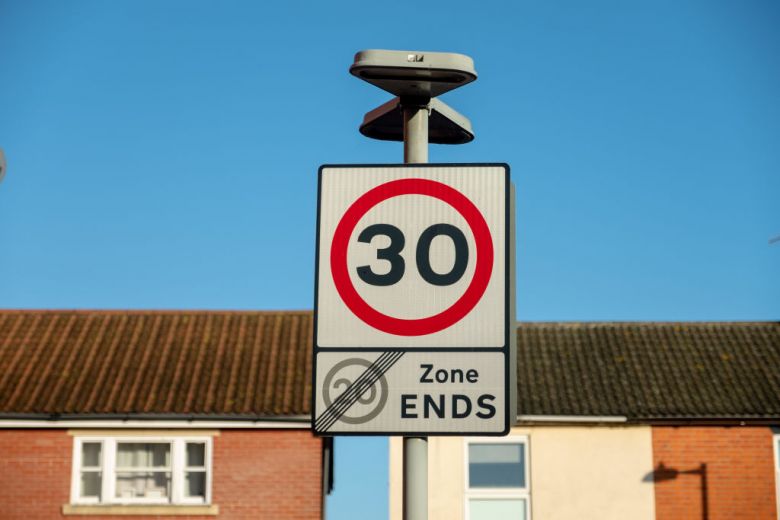Drivers will now face prosecution if they break the limit by 10% plus 2mph. The tolerance limit was previously 10% plus 3mph.
The Metropolitan Police had not directly announced any rule changes to speed tolerance before they came into force.
In UK driving law, a speed tolerance means that a driver gets a small amount of leeway for driving over the limit before a camera activates and a driver is penalised.
The Met did state that no matter the threshold, all drivers should stick the speed limits and never exceed them.
According to a report from This Is Money, the new rules could result in more than 347,000 drivers being prosecuted for speeding between January and June this year. This would be a 259% increase compared to the six months before the new rules came into force.
The Police force said: “Posted speed limits are the maximum speed that road users should travel at any time irrespective of the speed threshold that police commence enforcement action.”
| Speed Limit (mph) | Variable speed limit (10%+2mph) |
|---|---|
| 20 | 24 |
| 30 | 35 |
| 40 | 46 |
| 50 | 57 |
| 60 | 68 |
| 70 | 79 |
Data from The Fédération Internationale de l'Automobile (FIA) has revealed that up to 50% of drivers surpass the speed limit – highlighting why there has been an increase in the number of cars caught speeding since the changes.
The FIA have announced that they believe that a 5% reduction in average speed could decrease the number of fatal crashes by 30% – further showing the importance of respecting the limits.
According to guidelines issued by the National Police Chiefs' Council (NPCC), all UK drivers should be given some level of leeway on our roads.
However, there are discussions to review this policy in the years ahead, with changes yet to be ruled out.
No matter where you are in the country, it’s important to know the speed limits in the UK – and the punishments for exceeding them.
With thousands more drivers expecting to receive speeding fines, the RAC urges drivers to be aware of the tolerance changes. You could also be on the receiving end of a Fixed Penalty Notice if you’re caught speeding.
Speed cameras are situated across the UK, and are there to catch citizens breaking the law.
Although the vast majority of vehicles on our roads are able to reach speed far beyond the limit – in the future, it may not be possible.
Earlier this year, it was announced that speed limiters must be added to new vehicles made in Europe – as part of plans to reduce road traffic accidents.
Is this a good idea? Let us know what you think about the recent changes by leaving a comment below.

RAC sale – up to 33% off*
• Roadside cover from £5.29 a month†
• We get to most breakdowns in 60 mins or less
• Our patrols fix 4/5 breakdowns on the spot











